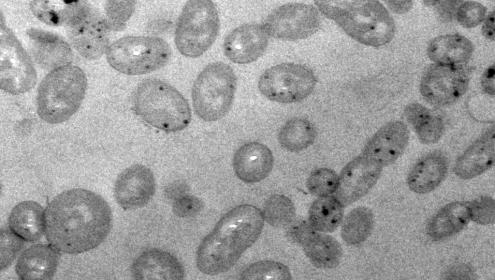LATEST TOPICS
Scientific news
The details are reported in Barcelona City Council's Biodiversity Altas, which includes now information on the city's marine biodiversity thanks to citizen science initiatives coordinated by the ICM-CSIC.
According to a new study led by the ICM-CSIC, this could lead to a destabilisation of the global climate system, an intensification of storms in specific areas, and an acceleration of ice melting at the poles.
The ICM-CSIC is working hard to implement measures to mitigate pain, distress or suffering in farmed aquaculture species.
According to a new study, the plastic used for disposable plates, cups and cutlery is not more sensitive to photodegradation in the sea, nor is it preferentially ingested by microorganisms capable of degrading plastic.
According to a new study, services offered by this project bring solutions to some of citizen observatories' most critical technological challenges.
The details of this research, led by the Institut de Ciències del Mar (ICM-CSIC) and the Universitat Autònoma de Barcelona (UAB), are reported in an article published recently in the journal Environmental Science and Technology.



